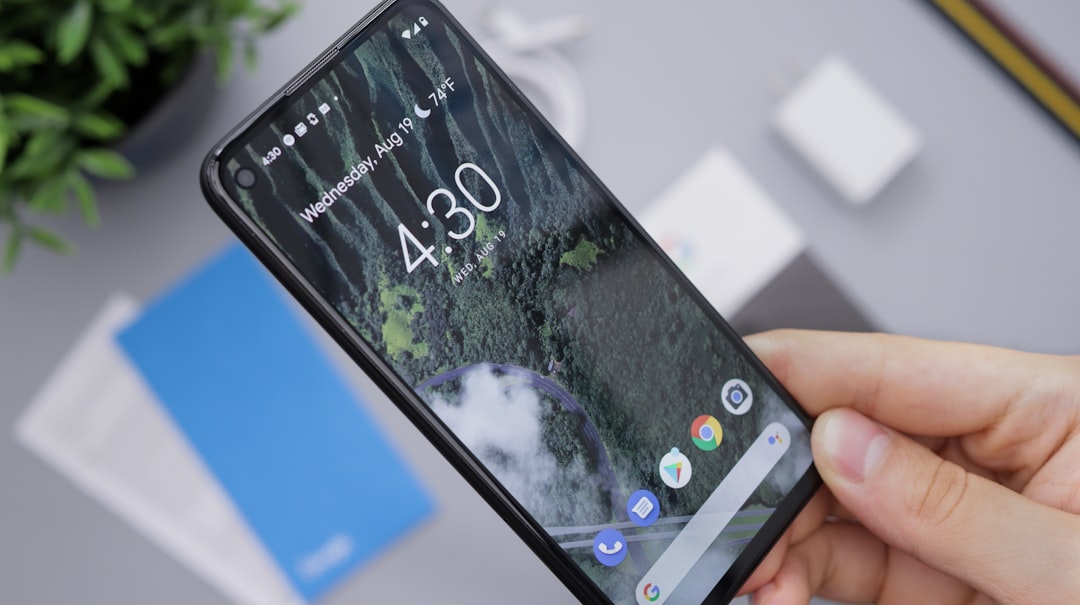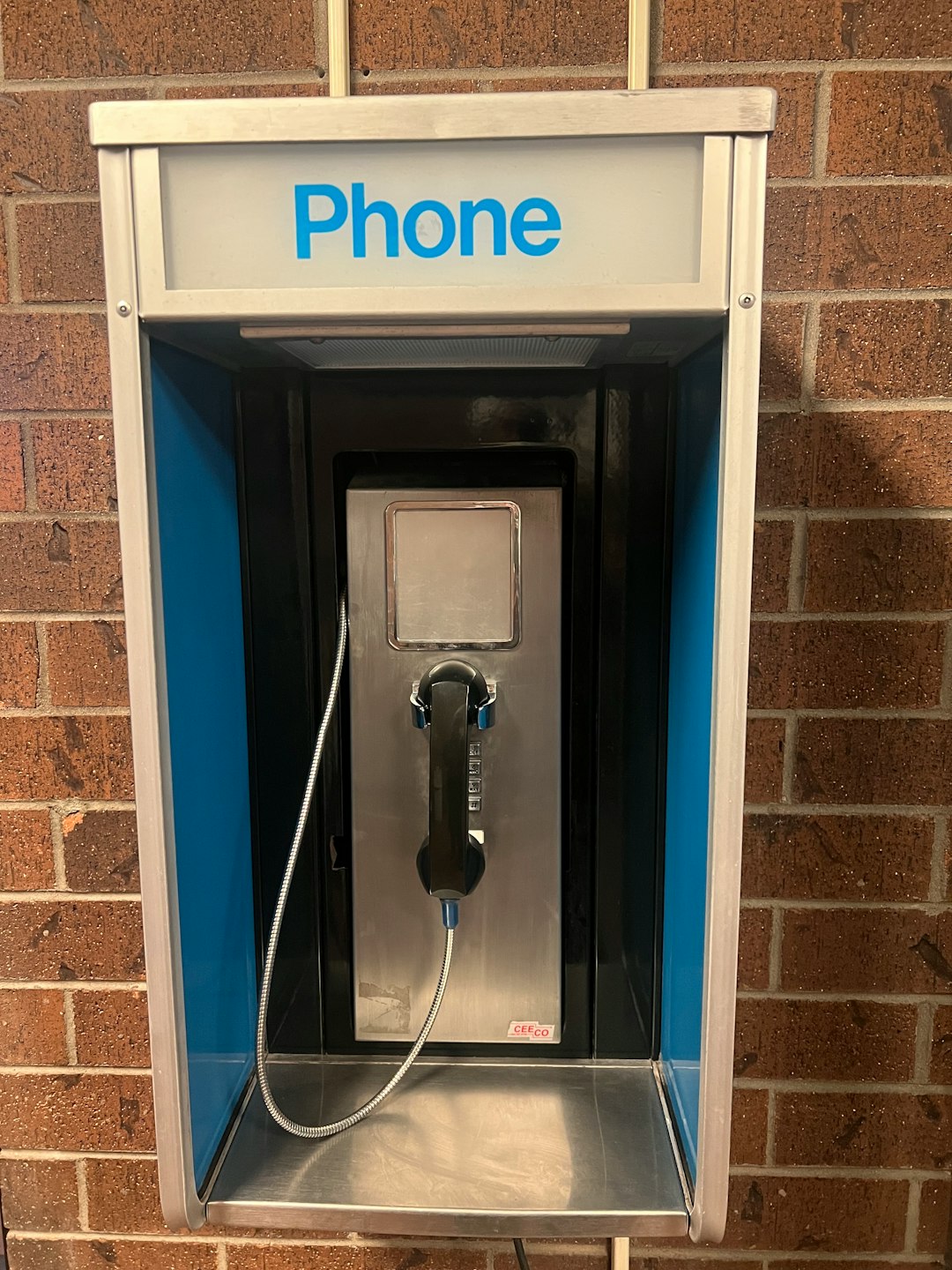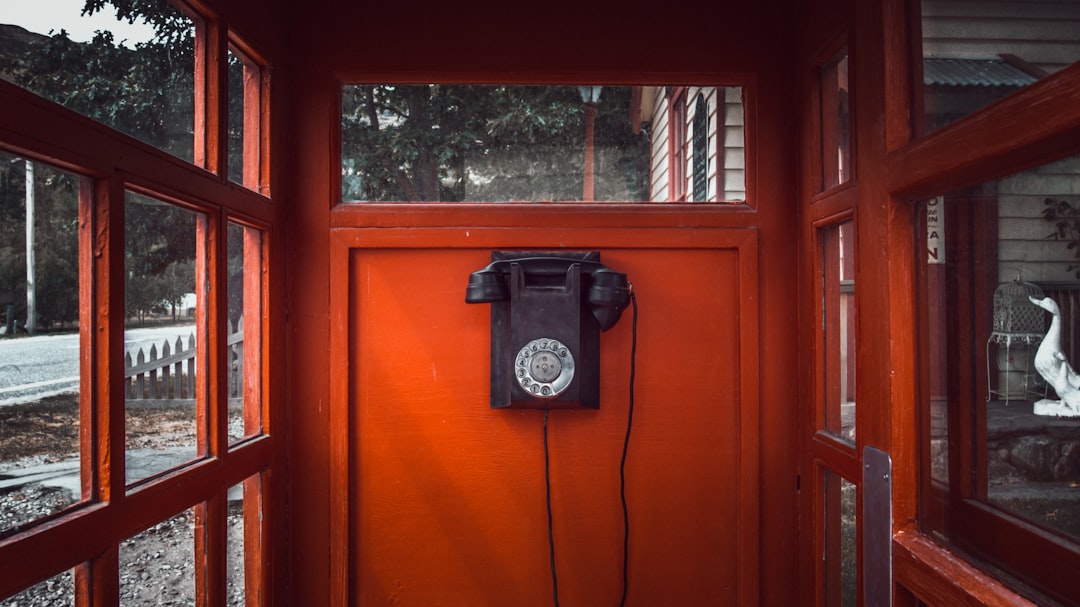Minnesota residents have legal protections against robocalls through federal and state laws. Specialized lawyers can guide individuals on refusing unwanted calls and registering with "Do Not Call" lists. Apps using data analysis and user reports identify and block common robocall numbers. Legal assistance from a robocall lawyer is crucial for persistent issues and fraudulent activities. Advanced app technology, like TrueCall and NoMo Robo, offers effective solutions with customizable settings. Consulting a Minnesota robocall lawyer ensures knowledge of rights and explores legal remedies against intrusive phone marketing practices.
Tired of unwanted robocalls inundating your Minnesota home? You’re not alone. These automated calls, often illegal, are a growing nuisance. This guide equips Minnesota residents with the knowledge and tools to combat robocalls effectively. We break down the legal perspective on robocalls in Minnesota, offer strategies for identifying and blocking callers, and showcase top-rated apps designed to screen and filter these intrusions. Learn your rights, discover reporting resources, and reclaim control over your phone lines. Find the best protection with a lawyer for robocall laws Minnesota relies on.
Understanding Robocalls in Minnesota: Legal Perspective

In Minnesota, like many states, automated telephone calls, or robocalls, are regulated by state and federal laws designed to protect consumers from unwanted and deceptive practices. The Telephone Consumer Protection Act (TCPA) at both the federal level and Minnesota’s own consumer protection laws offer mechanisms for addressing robocalls. A lawyer for robocall laws in Minnesota can help residents understand their rights and options when dealing with these calls, including seeking damages for violations of TCPA or state law.
Minnesota residents have the right to refuse receipt of certain automated calls, particularly those used for advertising purposes. A lawyer specializing in robocall regulations can guide individuals on how to register with “Do Not Call” lists at both the state and national levels to reduce the frequency of such calls. Understanding these legal protections is essential in effectively tackling robocalls and reclaiming control over one’s communication preferences.
Identifying and Blocking Common Robocall Numbers

Many robocalls originate from known phone numbers that frequently appear on “do not call” lists. While these lists help, they are not foolproof. A clever tactic used by scammers is to mask their numbers using Voice over Internet Protocol (VoIP) services, making them appear as local Minnesota numbers. However, some apps have started to identify and block these common robocall numbers effectively.
By analyzing call patterns and known scammer hotspots, these apps can learn to recognize and prevent calls from specific areas or numbers associated with fraudulent activities. Users can also manually report suspicious numbers, contributing to a more comprehensive database of robocallers. Engaging the services of a lawyer for robocall issues in Minnesota can provide further recourse against persistent unwanted calls, ensuring that residents have the legal support they need to tackle this growing problem.
Using Apps to Screen and Filter Calls Effectively

In today’s digital era, robust apps have emerged as powerful tools to combat robocalls in Minnesota. These applications leverage advanced algorithms and machine learning to screen and filter incoming calls, effectively blocking unwanted or fraudulent robocalls before they reach your phone. Many of these apps offer customizable settings that allow users to define their preferences for call filtering, ensuring that important calls from legitimate sources aren’t blocked by mistake.
For those who have been plagued by persistent robocalls, the assistance of a lawyer specializing in robocall laws in Minnesota can be invaluable. Understanding your rights and legal options is crucial when dealing with intrusive phone marketing practices. A dedicated legal professional can guide you through the process of taking action against these calls, whether it involves filing a complaint or pursuing legal remedies to put an end to the nuisance.
Top-Rated Anti-Robocall Applications for Minnesota Residents

Minnesota residents now have a powerful arsenal at their fingertips to fight back against relentless robocalls. Several anti-robocall applications have emerged as game-changers, offering effective solutions to curb unwanted calls. Among the top-rated options, TrueCall stands out for its advanced call identification and blocking features. This app utilizes machine learning algorithms to analyze incoming calls, allowing users to block known robocallers with a simple tap.
Another popular choice is NoMo Robo, designed specifically to protect against spam calls. It offers a comprehensive suite of tools, including call screening, automatic hang-up, and advanced filtering. Users can customize their preferences and even report suspicious calls, contributing to a more robust community defense against robocallers. For those seeking legal recourse as well, consulting with a robocall lawyer in Minnesota is advised, as they can provide guidance on blocking numbers and pursuing action against persistent offenders.
Reporting Robocalls: Your Rights and Resources

In Minnesota, as in many other states, consumers have specific rights when it comes to addressing robocalls. One crucial step is to report these unwanted calls to the appropriate authorities. The Federal Communications Commission (FCC) and state-level agencies provide dedicated channels for filing complaints about robocallers. These reports can help track and penalize offenders, potentially stopping them from targeting other residents.
If a robocall violates your rights or causes significant distress, consulting a lawyer specializing in telecommunications law could be beneficial. A Minnesota-based legal expert in this field can guide you through the process of reporting and offer tailored advice based on state-specific regulations. They can help ensure your rights are protected and explore potential legal avenues to combat the influx of robocalls.






